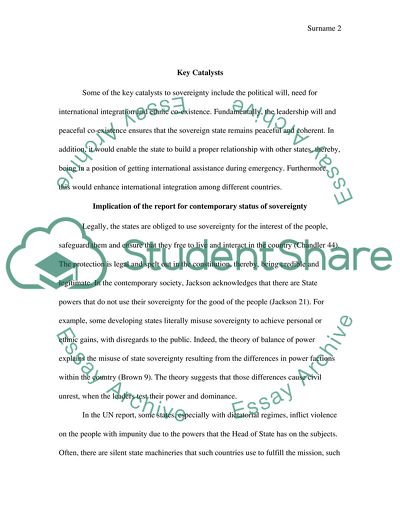Cite this document
(“Implementing the Responsibility to Protect Essay - 1”, n.d.)
Implementing the Responsibility to Protect Essay - 1. Retrieved from https://studentshare.org/history/1582222-case-study-project
Implementing the Responsibility to Protect Essay - 1. Retrieved from https://studentshare.org/history/1582222-case-study-project
(Implementing the Responsibility to Protect Essay - 1)
Implementing the Responsibility to Protect Essay - 1. https://studentshare.org/history/1582222-case-study-project.
Implementing the Responsibility to Protect Essay - 1. https://studentshare.org/history/1582222-case-study-project.
“Implementing the Responsibility to Protect Essay - 1”, n.d. https://studentshare.org/history/1582222-case-study-project.


